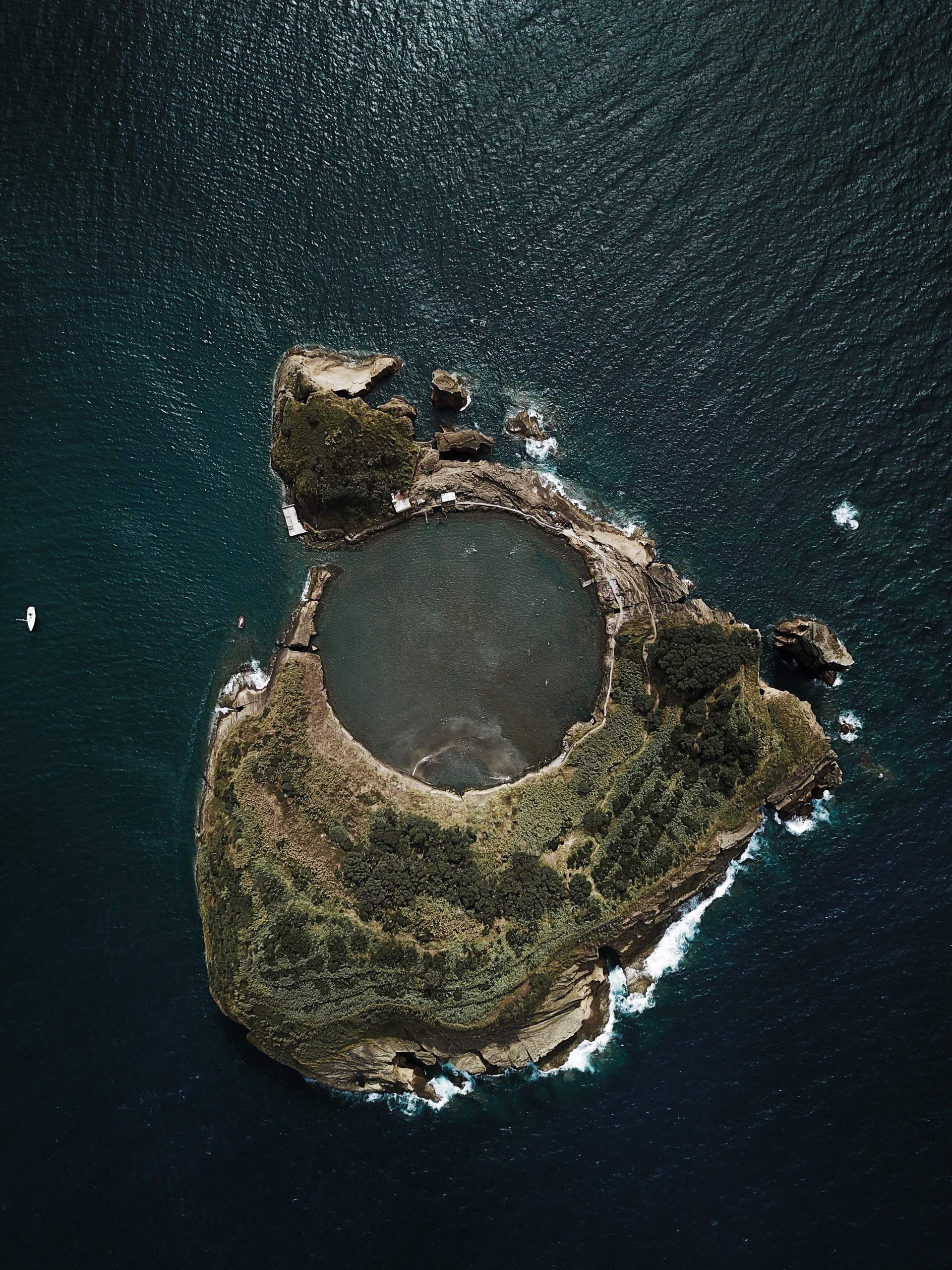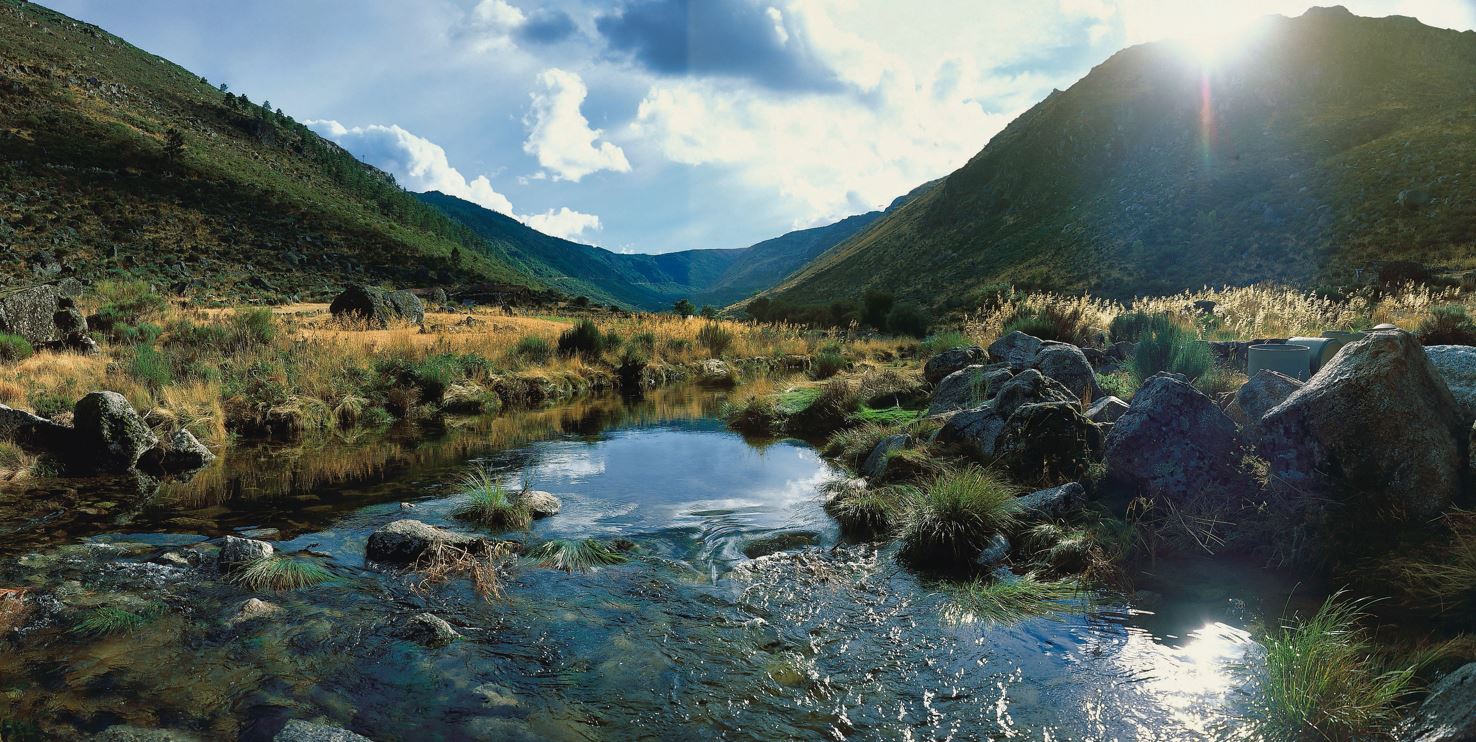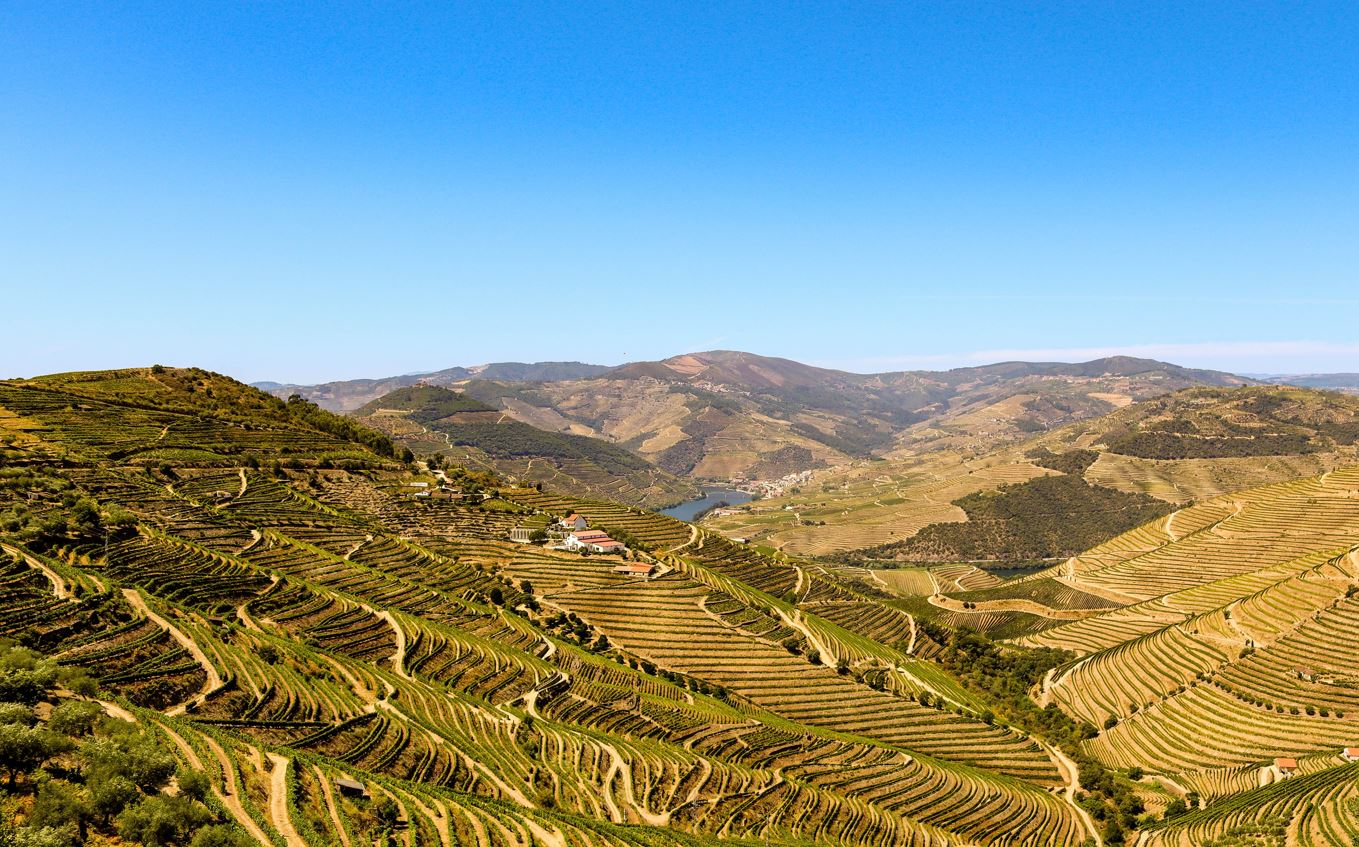REGIONAL SUSTAINABILITY OBSERVATORIES
Regional Sustainability Observatories
The Tourism Strategy 2027 defines that Portugal as a destination should position itself as one of the most competitive and sustainable in the world.
In this context, the sustainability of tourist destinations is an absolute priority of tourism policy in Portugal.
The creation of sustainability observatories in the various regions, which allow for in-depth knowledge of the impacts of the activity on the territory and greater efficiency in the planning and management of destinations is one of the strategic objectives of Turismo de Portugal, aiming to contribute to affirming Portugal as an international leader in sustainability issue.
In this sense and in pursuit of the defined objectives, in January 2018, the Alentejo Sustainable Tourism Observatory (ASTO) was recognized within the international network of the UNWTO (INSTO) and in January 2020, on the occasion of FITUR, more two observatories, the Tourism Observatory of the Azores and the Regional Observatory for Sustainable Tourism in the Algarve (ORTSA).
With the recognition of these observatories in the network of Observatories of the UNWTO, Portugal counts three observatories in the network, which already integrates projects from Spain, Croatia, Greece and Italy at European level.
Since 2004, a total of 31 observatories have joined the UNWTO's international network of observatories (INSTO): eight in China, one in Greece, one in Mexico, one in Brazil, five in Indonesia, one in Croatia, one in the USA, one in Italy, one in Panama, four in Spain, one in Guatemala, one in Argentina, one in Australia, one in Canada and three in Portugal.
Azores Tourism Observatory (OTA) |
|
|
Foto: @lceusebio |
OTA’s mission is to promote an independent and responsible analysis, dissemination, and monitoring of the tourism industry, contributing to the promotion of a sustainable tourism integrated in the broad development strategies of the Azores The Azores Tourism Observatory (OTA) is a private, nonprofit association, whose founding members are the Government of the Azores, the Azores Tourism Association (ATA) and the University of the Azores. Starting date: 26 of October 2006 INSTO member since: January 2020 Website: https://otacores.com Contacts: Solmar Avenida Center |
Alentejo Sustainable Tourism Observatory (ASTO) |
|
|
Foto: @_unmaykr |
ASTO – Alentejo Sustainable Tourism Observatory is based at the University of Évora, which aims to monitor the evolution of sustainable tourism development in Alentejo and Lezíria do Tejo destination. It acknowledges the production of information as a fundamental capital for the training of tourism agents and for the development of the tourism system. Regional Research & Development. Starting date: 1 of June 2017 INSTO member since: January 2018 Team: The Alentejo Sustainable Tourism Observatory is the result of a partnership established between the University of Évora and the Alentejo/Ribatejo Regional Tourism Entity, with the support of Turismo de Portugal and the involvement of the Polytechnic Institute of Portalegre and the Polytechnic Institute of Santarém. Website: https://www.asto.pt Contacts: Universidade de Évora |
Algarve Sustainable Tourism Observatory (AlgSTO) |
|
|
Foto: @_nnaro_ |
The mission committed to the AlgSTO is, therefore, the improvement of processes designed to the adoption of sustainable practices, within the framework of Algarve tourism activities; namely, the decision-making processes leading to the creation of a healthier, greener, more resilient, and regenerated tourist destination, offering a better quality of life, better means of mobility, more safety, and even improved environmental parameters. Starting date: 14 of March 2019 INSTO member since: January 2020 Team: The Algarve Sustainable Tourism Observatory is a result of a partnership between the Algarve Regional Tourism Board (RTA-Algarve), the Algarve Regional Coordination and Development Commission (CCDR-Algarve), the University of Algarve (UAlg) and the Tourism of Portugal (TdP). Website: https://monitur.ualg.pt/ Contacts: Universidade do Algarve |
Centro Sustainable Tourism Observatory (OTSCP) |
|
|
Foto: Paulo Magalhães |
Centro Sustainable Tourism Observatory has the mission of monitoring regional and sub-regional tourist activity, contributing to a better integrated knowledge of the sector, and plays an important role in supporting the decision-making of all entrepreneurs and public decision-makers in the region Centro de Portugal. This observatory fulfills one of the objectives defined in the Tourism Action Plan 2020 for the Centro region, which is embodied in the development of a Tourism Observatory, guided by the guidelines of the European Tourism Indicator System for Sustainable Destinations. Starting date: 18 of May 2022 INSTO member since: November 2023 Team: The Centro Sustainable Tourism Observatory (OTSCP) is the result of a partnership between the Polytechnic Institute of Leiria (IPL), the Regional Tourism Entity and Turismo de Portugal (TdP). Website: https://smat.observatorio-tcp.pt/ Contacts: Rua João Mendonça, n.º8 |
Sustainable Tourism Observatory of Porto and North of Portugal |
|
|
Foto: @brunovicart |
The Sustainable Tourism Observatory of Porto and North has the mission of monitoring the supply and demand of this destination and developing it as a Sustainable Tourism Destination, enhancing the role that Tourism can play in the development of this territory and in the reduction of regional asymmetries. Starting date: 25 of May 2022 Team: Sustainable Tourism Observatory of Porto and North is the result of a partnership between the Regional Tourism Entity, Turismo de Portugal (TdP) and CITUR – Center for Research, Development and Innovation in Tourism. |





